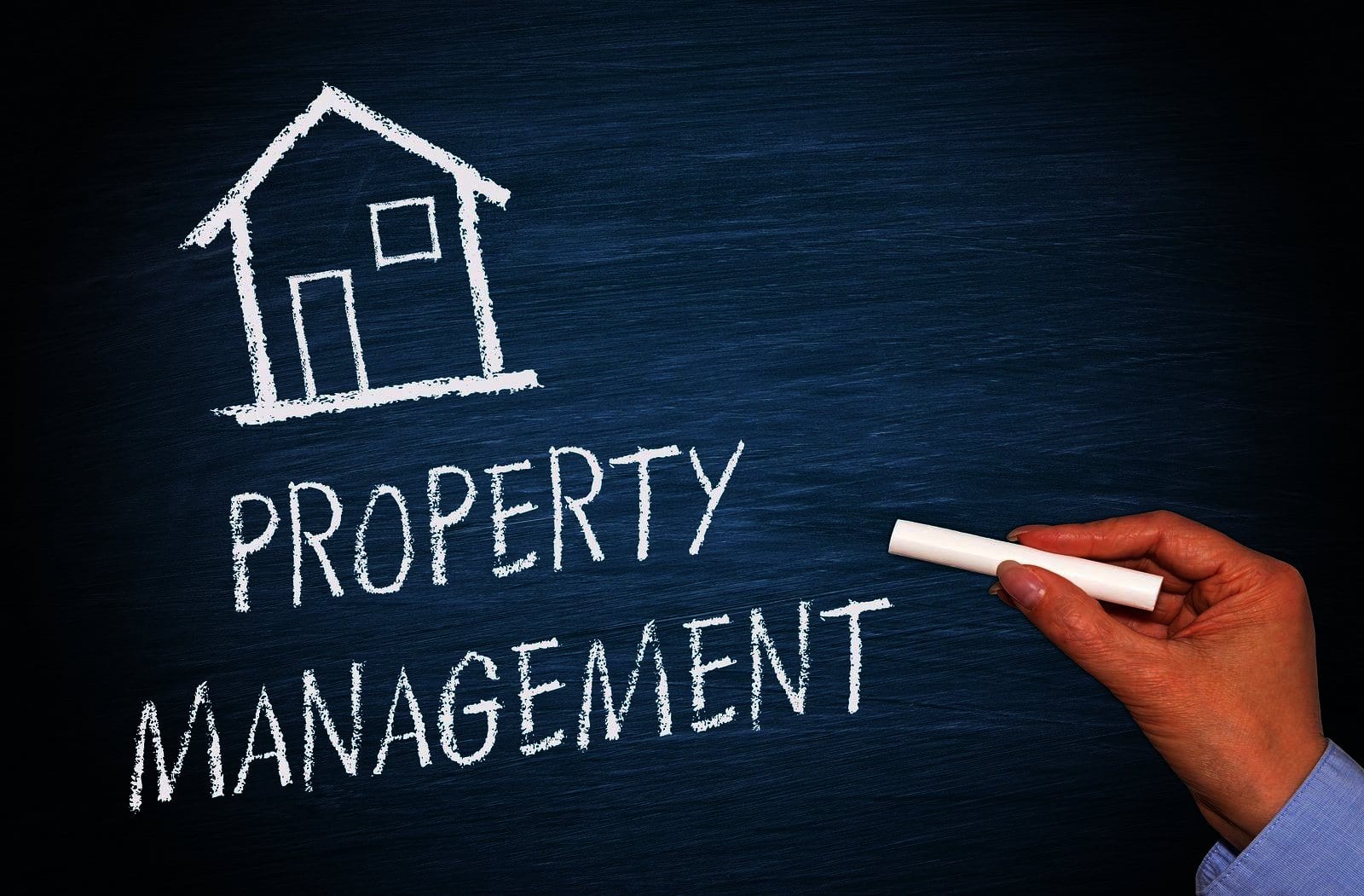A conveyancing solicitor is a solicitor who deals with the legal aspects of buying and selling property. They are often the busiest and charge large referral fees. However, the fees are worth it as they can be incredibly helpful during the stressful process of buying and selling a house.
Licensed conveyancing solicitors are licensed by the Law Society
A licensed conveyancing lawyers melbourne must be a member of the Law Society and must meet a number of requirements. The most important requirement is a high standard of professional conduct. If a conveyancing solicitor does not meet these standards, they may not be able to practice in the legal profession. The law society will also regulate how a conveyancing solicitor conducts itself in a case.
To become a licensed conveyancing solicitor, an applicant must be at least 21 years old and have four GCSEs or S grades (A-C/1-3). Alternatively, they may be able to gain entry to a CLC course without an academic degree, such as a law degree or a Legal Practice Course. It is also useful to have some previous relevant experience.
To find out more about the rules for solicitors, visit the website of the Law Society of Upper Canada. They have information on their website on the disclosure obligations of solicitors. Solicitors must abide by the SRA Code of Conduct 2011. Failure to meet these rules may result in a warning or a strike off.
A licensed conveyancer must be able to conduct searches on properties, consult local authorities on their future plans, pay taxes such as stamp duty, advise clients on the costs, and make sure contracts are properly signed. Licensed conveyancers generally work 37 hours a week, although some may work evenings or weekends. Part-time work is also available, and some licensed conveyancers choose to set up their own practices.
A Licensed Conveyancer has extensive experience in property law. They have undergone rigorous examinations and focus exclusively on property transactions. As a result, the choice between a solicitor and a Licensed Conveyancer comes down to your specific needs. The key difference between the two is service. Licensed Conveyancers are much more accessible and approachable and offer a more streamlined process than solicitors.
They are allowed to act on behalf of both seller and buyer
The SRA Code of Conduct for solicitors states that conveyancing solicitors cannot act for both the buyer and the seller. A solicitor cannot act for both the buyer and the seller unless there are significant risks to one of the parties.
There are two types of conveyancing. If both parties want the same solicitor, they must select one of them. If both parties want the same solicitor, the seller’s solicitor is the best option. It helps the solicitor avoid duplication and wasted time.
The second type of conveyancing involves property transfer. In a buy-to-let property, the buyer will buy the property to earn rental income. It is advisable to have a conveyancer who can explain any details of the contract.
During the purchase process, both parties must sign the mortgage deed, and solicitors will negotiate the terms of the contract. After the mortgage deed is signed, the contract will become official. The solicitors will also exchange the contracts. Once this has been completed, the buyer will be given the keys to the property by the seller. The solicitor will also order the mortgage monies from the lender.
They are often the busiest
The busy work life of a conveyancing solicitor can be difficult to cope with. Their days are usually full of phone calls and meetings, which often take up their valuable work time. Once 4pm rolls around, conveyancing solicitors tend to knuckle down to title-checking. Sadly, most conveyancing solicitors do not meet their clients face-to-face.
Choosing the right conveyancing solicitor for your transaction is essential. You want someone who empathises with your needs and worries. Whether you are buying or selling, conveyancing solicitors understand the stresses and frustrations that accompany moving house. In addition, they are familiar with tax implications of transactions and are able to refer you to an accountant to help you make the right financial decisions.

When buying or selling a property, it is important to choose a solicitor that offers a fixed fee guarantee. This allows you to budget your expenses and protects you from unexpected problems. Many conveyancing firms are on the lenders’ approved panel. If you find a solicitor who is not on the lender’s panel, they will be instructed by your lender and will charge you additional fees.
Choosing a solicitor for your property purchase is an important and stressful process. It is important to choose a solicitor who understands the stress of buying a home, and will be able to guide you through the process smoothly. You can shop around online for quotes, but it is still wise to hire a solicitor in your local area if you know someone.
They charge large referral fees
The introduction of referral fees to the conveyancing profession has raised a number of ethical questions. One concern is that such fees may compromise a client’s freedom of choice when choosing a solicitor. It is therefore essential that solicitors and introducers make any referral fee arrangements fully transparent and are in the best interests of their clients.
However, the referral fee isn’t the only source of referral income for conveyancing solicitors. A good rule of thumb is to opt for a solicitor that offers a no-fee, fixed-fee service. This way, a client can budget their legal fees and avoid surprises.
However, referral fees are an acceptable practice in the property industry. However, a client should be careful of solicitors who pay large referral fees, as this may lead to poor service. Lawyers who charge referral fees should be transparent about their practices. In addition, they should have trust accounts to record client trust deposits and shared fees. It is important to follow the ABA’s rules regarding referral agreements. Referral fees should be proportional to the work performed.




